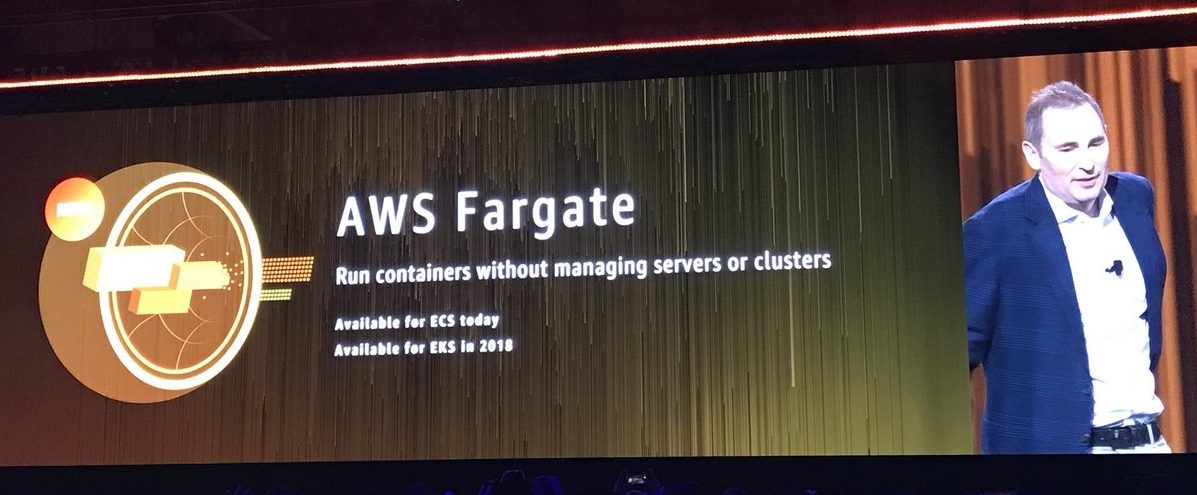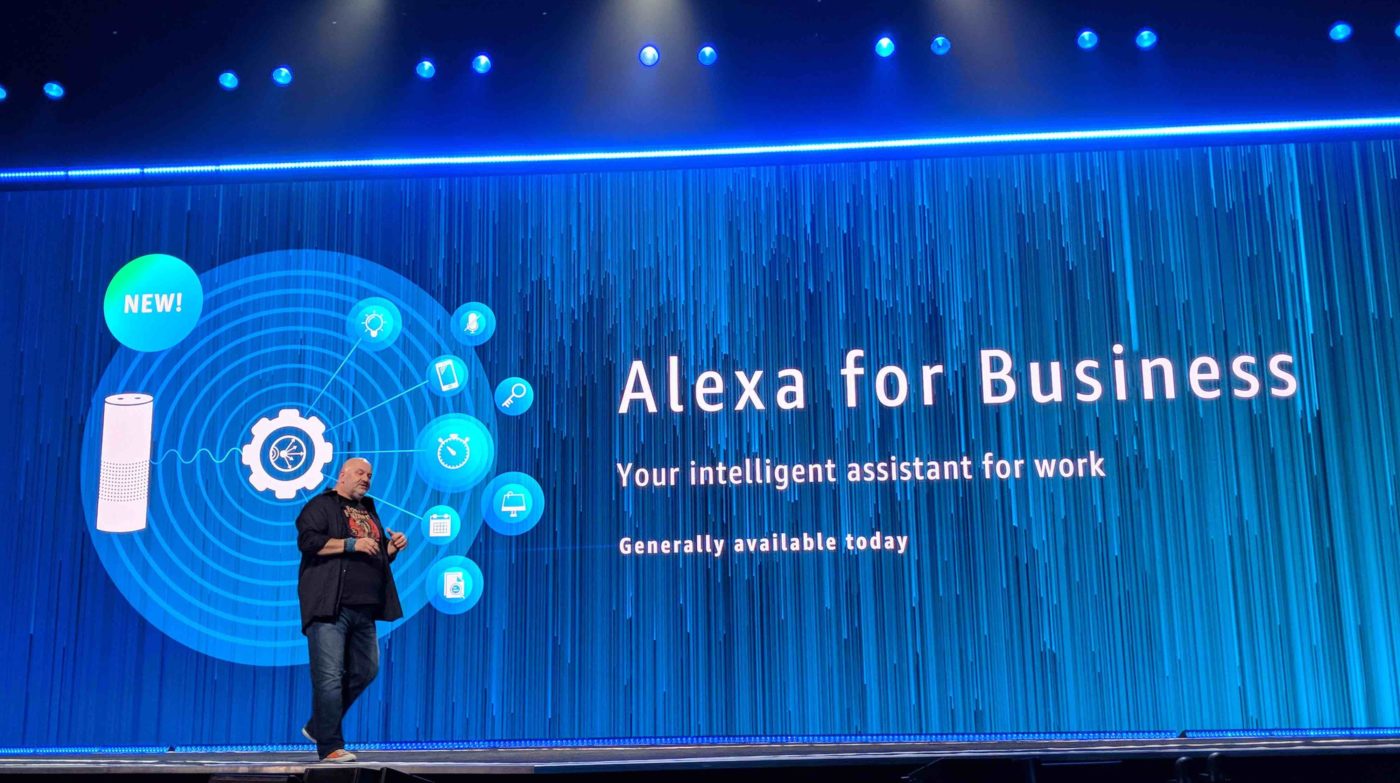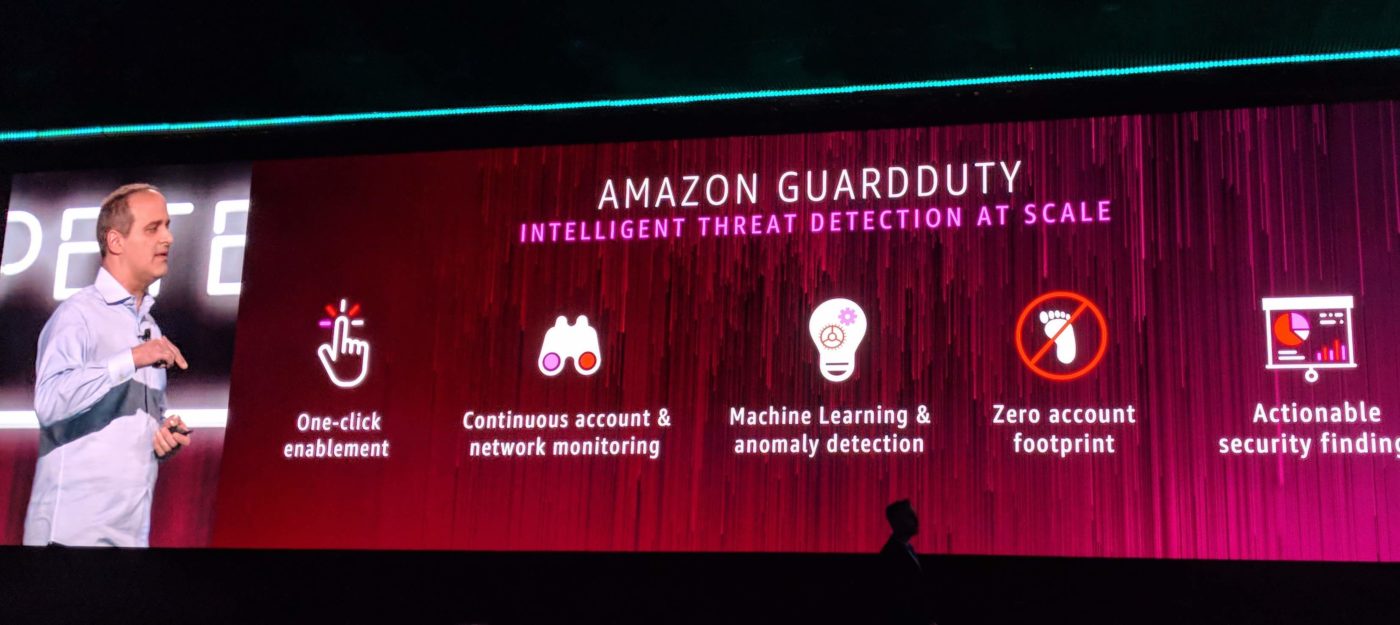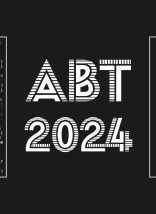As an Amazon Web Services Partner, we always pay close attention to any new technology the AWS team announces. This makes the recent AWS re:Invent conference feel like Christmas morning—if Christmas lasted multiple days (So it’s more like Hanukkah!) and some of the presents you opened promised to change your entire life and business.
That might sound like an exaggeration, but last week AWS announced 61 new services and augmentations to existing services. This is impressive as it brings the number of services offered by AWS to 127 total—proving that the industry leader in cloud hosting is not only committed to staying in the lead, but truly dominating its market.
While we had 3 ABTers on the ground in Las Vegas, the rest of us watched the Keynotes over Amazon’s livestream all gathered in our Level 1 lounge. I personally feel it is important to hear the information from Andy Jassy (CEO AWS) and Werner Vogels (CTO Amazon.com) first hand. I also like seeing the reactions and discussions that erupt from my colleagues when the announcements happen.
For me, the COO for an AWS Partner like Atlantic BT, all these new services inspire a lot of excitement and speculation about how my team’s work is going to change—and more importantly, how we can leverage AWS for our clients’ digital platforms. In this post, I wanted to go over some of the new services that I’m most excited about.
AWS Fargate and Aurora Serverless – Reimagining IT Services

While we at ABT have only been exploring containers behind the scenes and currently don’t run any production workloads in containers, we’ve paid close attention to this technology. We also have been doing research and development into FaaS and utilize AWS Lambda infrequently. Our developers understand the power of this tech, and we are looking for the right client project. If you have some ideas drop me a line.
That said, the release of AWS Fargate and Aurora Serverless will be instrumental in both our adoption of containers and “serverless” (I get it…there are still servers). AWS Fargate takes over all of the container resource management and allows us to simply deploy containers into AWS using the control plane of our choice. This hands-off resource management is a tenant of why we rely on AWS and have been a Consulting Partner for 6 years.
Amazon Aurora Serverless is another exciting new service which creates the first ever serverless fully relational database that you pay for one minute at a time. This addition to the highly scalable AWS Aurora database technology makes Amazon’s database storage and usage more agile and affordable than ever. For our clients with unpredictable database usage, Aurora Serverless will allow us to batch hundreds of database requests and run them all in a minute—driving substantial cost savings.
Amazon Comprehend and Alexa for Business – Natural Language Processing Takes Over

Amazon announced six new machine-learning services at re:Invent, showing their commitment to leading in the AI and machine learning. Of these, the services that most intrigue me are those related to language comprehension and the applications of it.
Amazon Comprehend is a natural language processing service that finds value and insights in text. This description might sound modest, but consider the applications: you could use this machine-learning program to read a book or white paper and have the program sum it up for you. AWS Comprehend could also retrieve information from the internet for you, allowing users to give commands like “tell me the maximum building restrictions in the 27612 zip code.”
With Comprehend, Amazon is essentially giving us a digital researcher who can handle textual analysis from a variety of sources in 100 different languages. In the same vein, Amazon Alexa for Business offers organizations the power of a digital assistant who can respond to questions and commands based on information from different data sources. I could ask Alexa to find a meeting time and place that’s available based on the schedules of multiple colleagues, or compare the prices of different technology vendors.
My big takeaway from these re:Invent announcements is Amazon wants to make natural language processing the primary way we interact with technology. This might sound like a radical change, but when I consider that we still rely on input devices (mouse and keyboard) that haven’t radically changed since the 1970s, I can see why it’s time to evolve. It will be interesting to see how other tech giants like Google or Apple respond to these changes outside of their flagship phones.
Amazon GuardDuty Automates AWS Threat Detection

Another important advancement powered by machine-learning, Amazon GuardDuty also stands to simplify threat detection across AWS accounts and workloads. Using normal use patterns from data and application interactions, GuardDuty’s machine-learning technology automatically monitors AWS environments and alerts users to anomalies like repeated failed login attempts or outside traffic coming into your database.
For a security-minded company like ABT (And hey, we should all be security-minded these days!), this stands to radically speed our ability to recognize potential breaches before they happen. I’m particularly happy to see how easy it is to customize GuardDuty’s monitoring across different AWS environments, which should help us find the right security fit for each of our clients. And as my friend Ulf Mattsson wrote earlier this month, having strong cloud security in place is vital for any organization with a large network of connected devices.
The AWS Future at re:Invent and ABT
Because AWS hosting has been a foundational part of our business for the last several years, ABT remains committed to delivering the best possible value for our AWS customers. This makes me excited for what our team can do with all the new services Amazon just announced at re:Invent. To learn more about our ongoing work with AWS, visit our Cloud Services page.









